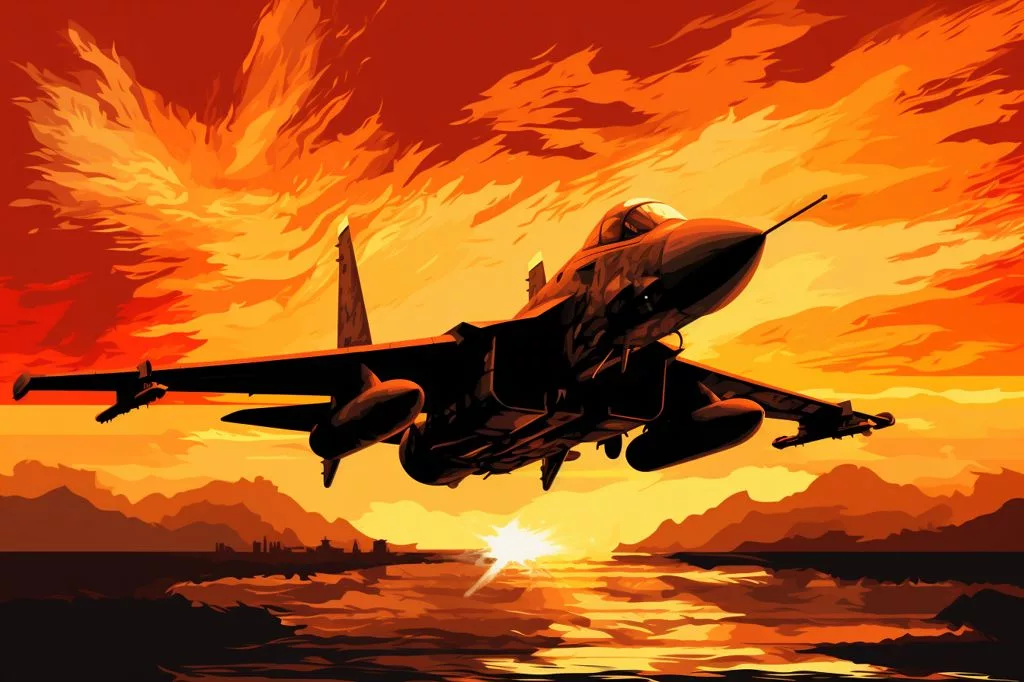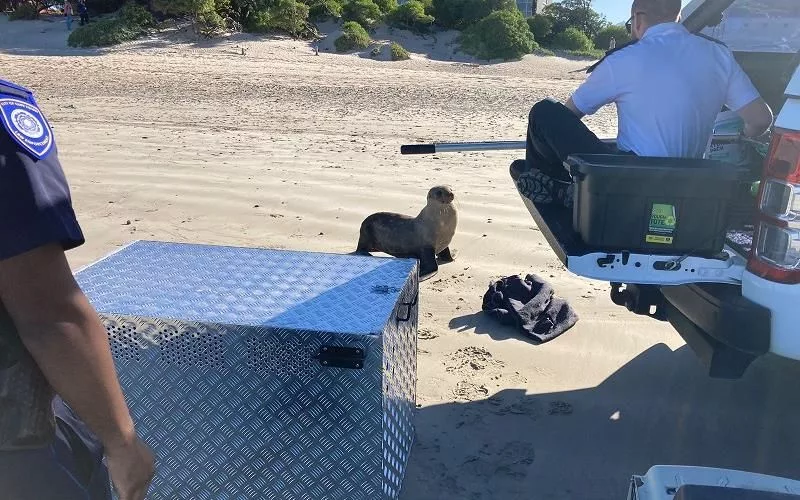South Africa’s Air Force is in crisis, with a shocking 85% of its aircraft fleet currently non-operational. Democratic Alliance member Kobus Marais exposed the issue, and Defense Minister Thandi Modise confirmed the statistics. The ANC government’s mismanagement and negligence are primarily responsible for the state of the fleet, leaving the nation vulnerable to security threats. Urgent action and resource allocation are needed to restore the South African Air Force’s former strength and protect the nation’s security.
What is the current state of South Africa’s Air Force?
A staggering 85% of the South African Air Force’s aircraft fleet is non-operational, leaving the nation vulnerable to security threats. The fleet’s status was exposed by DA member Kobus Marais, and Defense Minister Thandi Modise confirmed the troubling statistics. The ANC government’s mismanagement and negligence are the primary reasons for this situation, according to Marais. The government must act urgently to restore the South African Air Force’s former strength and protect the nation’s security.
The Shocking Reality of South Africa’s Air Force
South Africa’s national security is at stake as the Democratic Alliance (DA) recently exposed the alarming condition of the South African Air Force (SAAF). Defense Minister Thandi Modise confirmed that a staggering 85% of the SAAF’s aircraft fleet is currently non-operational, leaving the nation susceptible to security threats. This distressing disclosure came to light after a parliamentary question raised by DA member Kobus Marais, who asked about the fleet’s status.
Minister Modise’s statistics are incredibly troubling: out of the 388 aircraft fleet, a considerable portion is grounded due to a lack of spare parts or budget constraints required for essential repairs. Marais, who serves as the DA Shadow Minister of Defence and Military Veterans, expressed his concerns about these numbers. He stated that this situation implies that, in the event of a national security emergency, at least half of South Africa’s air force would be unable to deploy for protection.
Marais strongly believes this precarious state of affairs is a result of the ANC government’s mismanagement, lack of political will, and negligence. He claims that these factors have significantly undermined the South African National Defence Force’s (SANDF) combat capabilities. The nation’s combat readiness has not only declined but has now escalated into a full-blown national crisis.
A Diminished Military Force in a Threatening World
In a world fraught with instability, the South African military’s waning strength poses a severe risk to the country’s national security. Among the aircraft grounded are the SAAF’s combat models, including the Oryx, Rooivalk attack helicopters, BK 117 helicopter, and the LUH 109. These machines are critical for maintaining air defense capabilities, yet they remain effectively incapacitated due to the ANC government’s lackadaisical approach.
The DA has urged the ANC government to take immediate action to address this colossal crisis. The safety and security of the nation should always be the top priority, and it is high time that the government allocates the necessary resources and implements effective strategies to restore the SAAF to its former capability.
It is disheartening to witness the current state of South Africa’s air defense capabilities, as they have been left vulnerable and exposed due to the ANC government’s indifference. Marais remarks on the situation, stating, “The ANC government’s indifferent and uncaring approach has effectively decapitated South Africa’s air defense capabilities, leaving us exposed and vulnerable.”
The Urgent Need for Government Action
Given the severity of the situation and the potential consequences for national security, it is crucial that the government listens to the DA’s call for action. Resources must be allocated, and strategic plans must be implemented to ensure that the South African Air Force can return to its former strength and protect the nation from external threats.
The recent revelations about the SAAF’s grounded fleet are a stark reminder of the vital role that air defense plays in securing a nation’s safety. It also emphasizes the damaging effects that can occur when a government’s mismanagement and indifference lead to the degradation of critical military infrastructure. As South Africa faces this national crisis, it is crucial that the ANC government takes the necessary steps to address the situation and prevent further damage to the country’s national security capabilities.
In conclusion, the current state of the South African Air Force poses a critical threat to the country’s national security. The alarming percentage of non-operational aircraft is a result of the ANC government’s mismanagement and negligence. The DA’s call for urgent action and resource allocation is essential for restoring the SAAF to its former strength and ensuring the nation’s safety. It is up to the government to act swiftly and decisively in taking responsibility for this crisis and implementing the necessary measures to protect their citizens from potential harm.
1. What percentage of South Africa’s Air Force fleet is currently non-operational?
A shocking 85% of South Africa’s Air Force fleet is currently non-operational, according to Defense Minister Thandi Modise.
2. Who exposed the issue of the non-operational fleet?
The issue of the non-operational fleet was exposed by Democratic Alliance member Kobus Marais.
3. What risks does the non-operational fleet pose to South Africa’s security?
The non-operational fleet leaves South Africa vulnerable to security threats, as it diminishes the nation’s air defense capabilities.
4. What aircraft models are currently grounded?
Critical aircraft models such as the Oryx, Rooivalk attack helicopters, BK 117 helicopter, and the LUH 109 are currently grounded.
5. What is the cause of the non-operational fleet?
The primary reasons for the non-operational fleet are mismanagement and negligence on behalf of the ANC government.
6. What role does air defense play in securing a nation’s safety?
Air defense plays a vital role in securing a nation’s safety and protecting it from external threats.
7. What is the DA’s call for action?
The DA’s call for urgent action and resource allocation is essential for restoring the South African Air Force to its former strength and ensuring the nation’s safety.
8. What should the government do to address the crisis?
The government must allocate necessary resources and implement effective strategies to restore the South African Air Force to its former capability and protect the nation from external threats.












